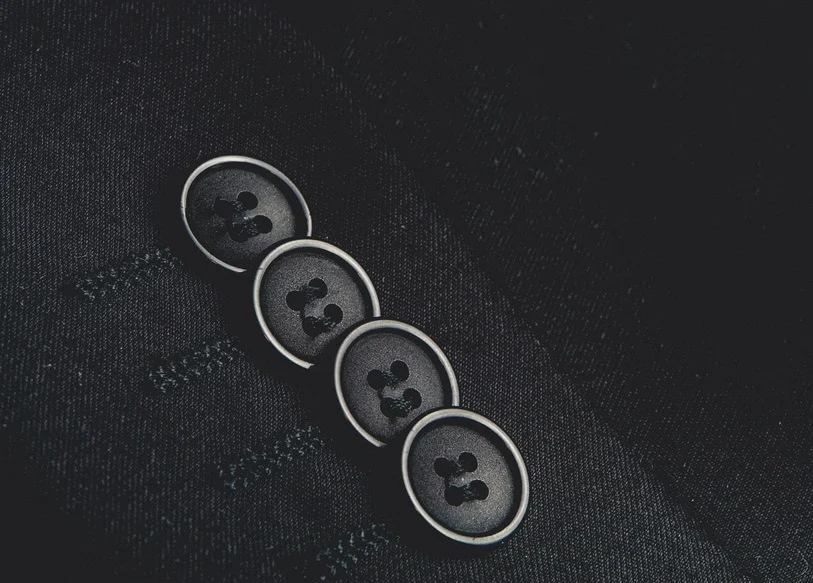
Can the new “Transfer of Business” provisions work for employers
Published on August 1, 2010
Compared to the provisions in the now repealed “Work Choices” amendments to the Workplace Relations Act 1996, the Transfer of Business provisions contained in Part 2-8 of the Fair Work Act 2009 (“the Act”) provide greater certainty and flexibility for employers in a time of rapid change in modes of employment.
The former provisions required the courts to determine on a case by case basis the ‘character’ of the business in order to determine whether there had been a “succession, assignment or transmission” of it.
Whether a transfer of business has occurred no longer depends on the application of the common law ‘business character’ test. Nor is it essential that there be a sale of business or assets of the business. Instead, the new provisions focus on whether employees (there must be at least one) transferring from the old employer to the new employer will be doing the same or substantially similar work and whether there is a ‘connection’ between the two employers.
The “connection” exists between the two employers (or entities associated with them) if:
- the new employer owns or beneficially uses some of the assets, related to the transferring work, which were owned or beneficially used by the old employer: s311(3);
- the old employer has outsourced the transferring work, being performed by one or more transferring employees, to the new employer: s311(4);
- the new employer has ‘in-sourced’ the transferring work which was previously outsourced: s311(5); or
- the new and old employers are associated entities at the point in time when the transferring employee commences work with the new employer: s311(6).
Section 313 provides that where there is a transfer of business, transferring employees who were covered by an enterprise agreement, workplace determination or modern award with their old employer will remain covered by those instruments exclusively and indefinitely (at least until the instrument terminates or is replaced), during their employment with the new employer. This contrasts with the 12 month limit imposed by Workchoices on the life of the transferred instrument. Section 314 provides that any new employees who are employed by the new employer to do ‘transferring work’ will also be covered by the ‘transferable instrument’ with the intention of ensuring that workers performing the same work are employed under the same terms and conditions.
But arguably the most important provisions of Part 2-8 are those found in Section 320, which gives Fair Work Australia a very broad discretion to vary a transferable instrument in a number of ways, including enabling a transferable instrument to “operate in a way better aligned to the working arrangements of the new employer’s enterprise”: s320(2)(c). Importantly, Part 2-8 allows a business that is considering a purchase or takeover of another business to apply to FWA in advance of the proposed transfer, seeking an order that the old instrument not transfer. FWA has shown that it is willing to assist in these cases.
In exercising its powers under sections 318, 319 and 320, FWA is required to take into account several factors in deciding whether to make the order sought. These factors include:
- the views of the new employer and the employees who would be affected by the order;
- whether any employees would be disadvantaged by the order in relation to their terms and conditions of employment;
- whether the transferable instrument would have a negative impact on the productivity of the new employer’s workplace;
- whether the new employer would incur significant economic disadvantage as a result of the transferable instrument covering the new employer;
- the degree of business synergy between the transferable instrument and any workplace instrument that already covers the new employer.
A 2009 survey of HR managers conducted by the Australian Human Resources Institute reported that only 7% of respondents thought that the transfer of business provisions would benefit their organisation. However, in several cases, FWA has demonstrated its willingness to modify the usual operation of the Part 2-8 provisions if the circumstances of a particular transfer warrant such a departure. Usually it has been employers who apply to FWA for these orders.
In any transfer of business situation, specialist advice should be sought about how the Fair Work Act will apply to staff transfers, and what options are available to tailor arrangements to suit the business.